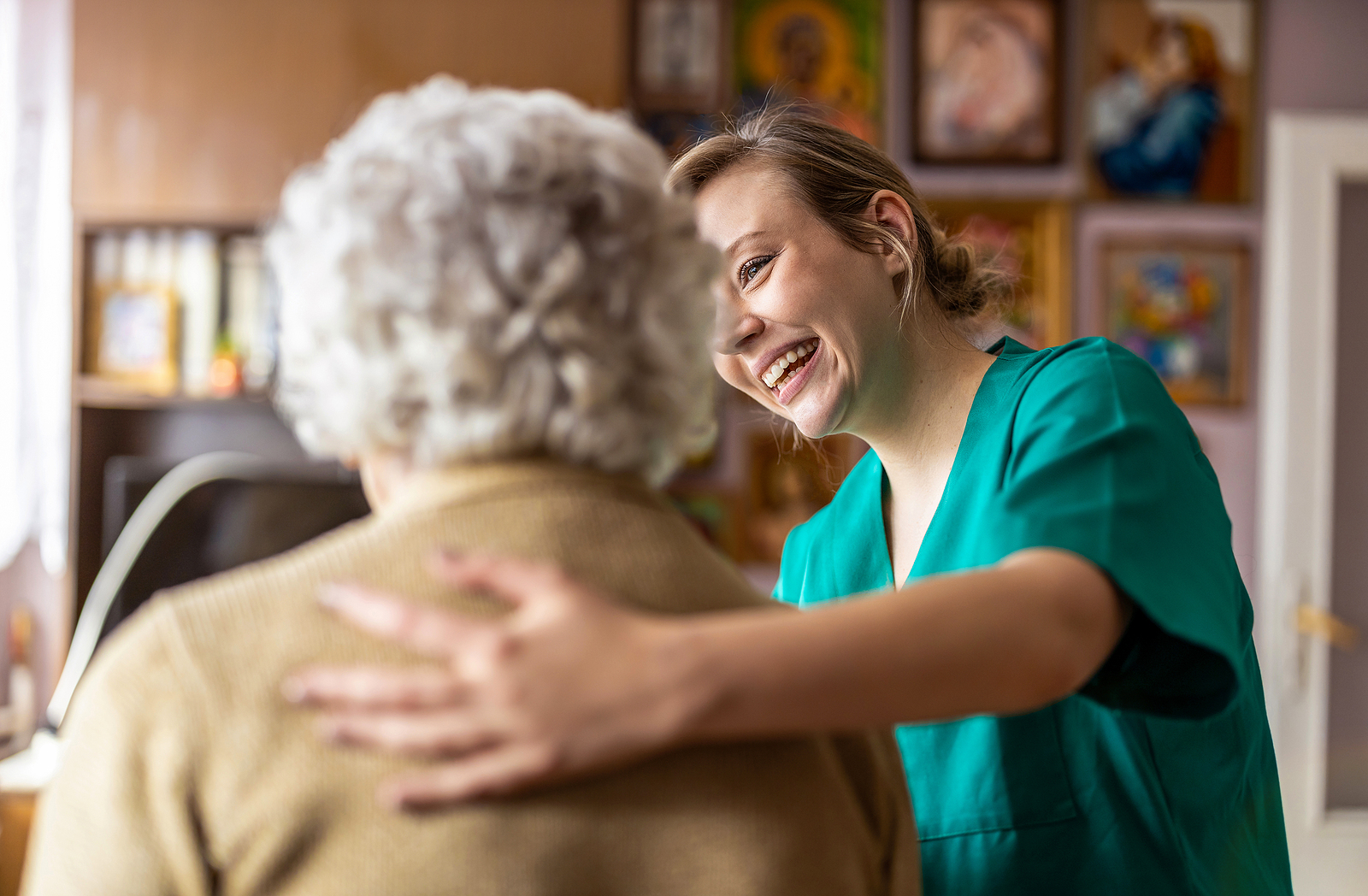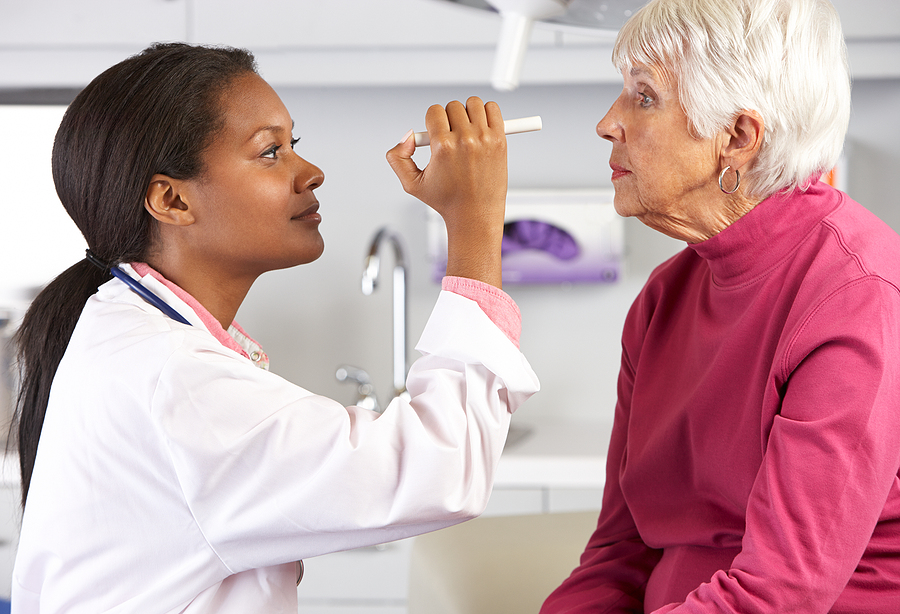What Causes Kyphosis?
Category:

Seniors who have a severely stooped posture are battling something called kyphosis. This hunched-over posture is the result of a variety of different potential causes. It’s vital for aging adults dealing with kyphosis to have the support that they need from family caregivers and senior home care providers in order to manage the challenges of daily life.
Causes of Kyphosis
One of the primary causes of kyphosis is age-related changes that occur in the spine. The vertebrae in the spine go through degenerative changes as someone ages. Add conditions like osteoporosis or bone weakening, and that degeneration happens more quickly. Seniors with poor posture may experience kyphosis even earlier. Other conditions, like degenerative disc disease, can also be contributing factors to kyphosis.
Home Modifications
Home care providers are experienced in helping aging adults to have the assistance they need to be happy and healthy at home. This also means recognizing when home modifications may be helpful and keep seniors safer. Adaptive devices like ergonomic furniture or adding handrails to give seniors something to hold onto while walking are just a few of the modifications that may help.
Help with Daily Activities
Kyphosis can make daily life a lot more challenging for seniors. They may have difficulty getting dressed, cooking, or taking a shower. Senior home care can assist with these and other tasks, ensuring that seniors are able to spend their energy carefully. Having help when necessary ensures that seniors are able to continue to be independent when it matters most to them.
Exercise
One recommendation for seniors with kyphosis is to incorporate exercise into their daily routines. Stretching and exercise can help seniors with kyphosis to improve their flexibility, become stronger, and improve their posture. Working within their limitations and the recommendations made by their doctors can help immensely.
Monitoring Progress
Home care providers can also help to monitor progress for seniors who are working to improve their kyphosis. Other health changes and symptoms are important to monitor and communicate to healthcare providers. Staying on top of these issues helps to preserve overall health and well-being.
Fall Prevention
Seniors with kyphosis can be at an increased risk of experiencing a fall. Their balance and posture are off, making them a little less stable on their feet. Home care assistance can help families to stay on top of fall prevention plans to help ensure they’re as up to date as possible.
Emotional Support
Health issues like kyphosis can be emotionally taxing for seniors. Their lives can change, including their social interactions. Caregivers offer emotional support that is invaluable for aging adults and the family members who love them. The companionship and encouragement that seniors receive can give them what they need to adopt a positive attitude about the health challenges they’re facing.
Kyphosis has some serious impacts on every aspect of seniors’ lives. Having help from senior home care services gives seniors the tools they need to manage their health issues, including kyphosis, in the best possible way so that they preserve their quality of life.
Subscribe
Date: November 24, 2023
Category:


